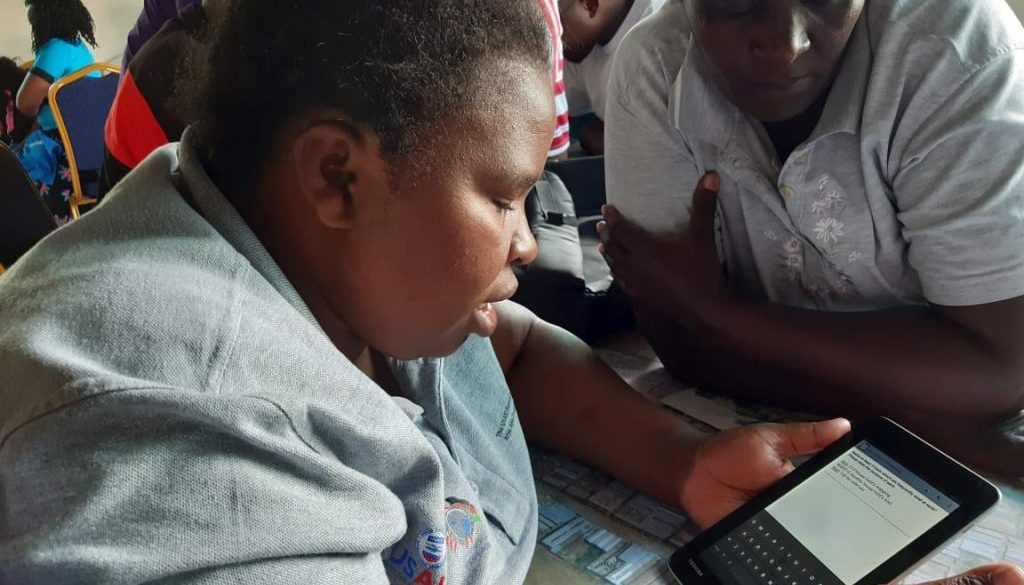Count down our most popular posts and pages from 2022
As we move into the new year, we wanted to reflect on a very busy 2022 for ARISE. To recap on some of our work from this year we are counting down our top 10 most popular blog posts and pages on the ARISE website from the last year.
10 – Why does youthful and dynamic energy lead to crime in Mathare?
In this blog post Jacob Omondi explains issues leading to youth related crime and violence in the Mathare Valley area of Nairobi, and explores some solutions for helping youth find meaningful ways to stay away from crime and earn a living.
9 – Bloody inconvenience: Menstrual health in waste worker communities
On World Menstrual Hygiene Day 2022, we reflected on the impact that menstruation, and the social stigma around menstruation, have on the lives of women waste workers in India.
8 – “No easy solutions for urban informal settlements”: Bangladesh stakeholder workshop
This blog post details a workshop where stakeholders discussed the health, wellbeing, housing and water and sanitation related challenges faced by the residents and the governance systems in urban informal settlements. The blog post notes that while there are many problems, there is no comprehensive national urban policy which addresses these issues.
7 – Challenging the status of women and youth in the WASH sector in Kenya
This blog discusses how the ARISE team at African Population and Health Research Center (APHRC) supported the inaugural Youth & Women in WASH conference in Naivasha, Kenya, where the theme was ‘Unlocking potentials of Youth and Women for Sustainable Water and Sanitation Services.’
6 – Rehabilitation and relocation in Mumbai and Ahmedabad
For many slum dwellers, state relocation programmes are probably the only gateway to moving out of dangerous living conditions. But are they happier after moving out? Do their lives improve? Do their aspirations change? Do their perceptions about life change? In this blog post ARISE aims to answer some of these questions.
5 – The formality of informality
‘Urban informality’, Roy argues, is “a state of exception from the formal order of urbanization”. Thus, urban informality is often confined to the urban poor – informal settlements are not formally acknowledged or regulated by local or city authorities, and residents often lack title deeds.
4 – CBPR corner
This section of our website is focused on our work on Community-Based Participatory Research (CBPR). It’s a place where you can read updates on our work and also hear about some of the challenges we have faced.
3 – Understanding violence in the slums: Resilience or normalisation?
In this blog post we discuss the fact that violence within slums is not inevitable. It is the consequence of structural violence against poor and marginalized people and state responses that exacerbate the problem.
2 – The Voice Quilt: Amplifying the voices of waste worker communities
In February, World Day of Social Justice gave us the opportunity to reflect on and highlight the need for social justice for marginalised communities like those involved in waste work in urban spaces. And so ARISE launched the Voice Quilt – a novel multi-media project that brings the voices of individual waste workers to the fore, reflects their various concerns and desires, and highlights the importance of achieving social justice for those working in the world of waste.
1 – Nairobi’s CHVs to receive monthly stipend
In this blog Rosie Steege, Jane Wairutu and Linet Okoth report back on the passing of the Nairobi City County Community Health Services Act in June 2021 – welcome news for Nairobi’s Community Health Volunteers (CHVs) who have waited almost two years since the Bill’s inception.
